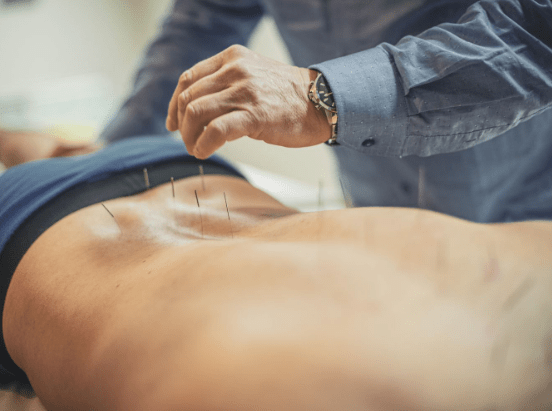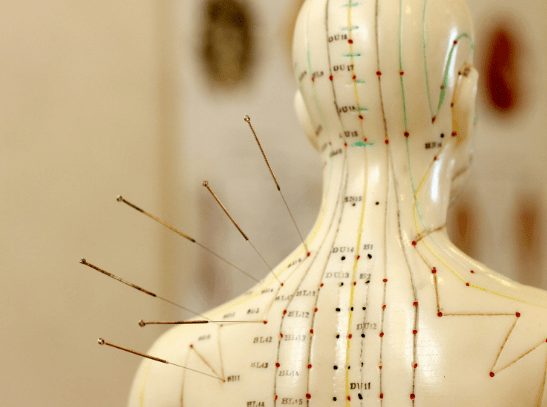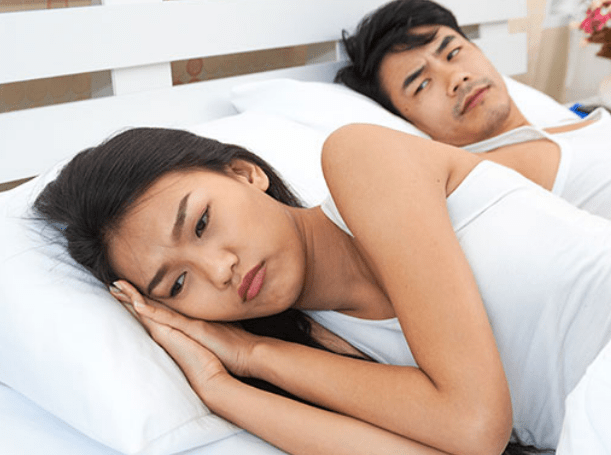Acupuncture treatment, an ancient practice rooted in Traditional Chinese Medicine (TCM), has gained popularity worldwide as a holistic approach to health and wellness. This blog explores the principles of acupuncture, its benefits, and what you can expect from a session.
What is Acupuncture?
Acupuncture involves the insertion of thin needles into specific points on the body, known as acupuncture points. According to TCM, these points correspond to pathways of energy, or “qi” (pronounced “chee”), flowing through the body. By stimulating these points, acupuncture aims to restore balance and enhance the body’s natural healing processes.
The Principles Behind Acupuncture
Qi and Meridians
In TCM, health is believed to be a balance between yin and yang, and an uninterrupted flow of qi. When this flow is blocked or disrupted, it can lead to illness. Acupuncture aims to remove these blockages and restore the balance of energy.
The Five Elements
Acupuncture is also based on the theory of the five elements: wood, fire, earth, metal, and water. Each element corresponds to different organs and emotions, helping practitioners tailor treatments to individual needs.

Acupuncture Treatment: Benefits of Acupuncture
Pain Relief
One of the most well-known benefits of acupuncture is its effectiveness in pain management. Studies have shown that acupuncture can help alleviate various types of pain, including:
- Chronic back pain
- Migraines and tension headaches
- Arthritis
- Joint pain
Stress Reduction
Acupuncture promotes relaxation and reduces stress by stimulating the release of endorphins and other neurotransmitters. Many people find that regular sessions help improve their overall mood and mental clarity.
Enhanced Immunity
Some research suggests that acupuncture may boost the immune system, making it easier for the body to avoid illness. This is particularly beneficial during flu season or when recovering from an illness.
Improved Sleep
For those struggling with insomnia or disrupted sleep patterns, acupuncture can help regulate sleep cycles and improve overall sleep quality.
What to Expect During an Acupuncture Session

Initial Consultation
Before your first treatment, you’ll consult a licensed acupuncturist. They will discuss your medical history, health concerns, and treatment goals. This information helps them create a personalized treatment plan.
The Treatment
During a session, you will lie down in a comfortable position. The acupuncturist will insert thin, sterile needles into specific points on your body. Most people experience minimal discomfort, often describing the sensation as a slight prick or tingling.
Aftercare
After the session, you may feel relaxed and rejuvenated. It’s essential to drink plenty of water and avoid strenuous activities for the rest of the day to allow your body to respond to the treatment effectively.
Conclusion
Acupuncture is a time-tested modality that offers a holistic approach to health and wellness. Whether you’re seeking relief from pain, stress reduction, or improved overall health, acupuncture may be a beneficial addition to your wellness routine. Always consult with a qualified practitioner to determine if acupuncture is right for you.
If you’re considering acupuncture, take the time to research qualified practitioners in your area. Your journey to wellness could be just a needle away!




